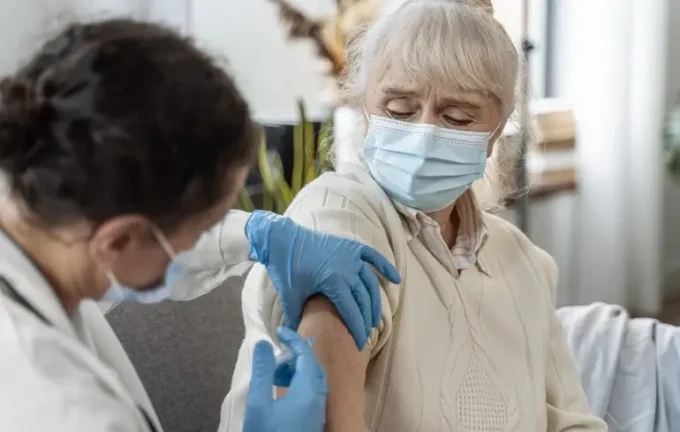Reevaluating COVID-19 Vaccines: New Research Challenges Previous Estimates of Lives Saved

Recent scientific studies and comprehensive data analyses reveal that COVID-19 vaccines have saved significantly fewer lives than previously believed. According to findings published in the Jama Health Forum and reported by The Telegraph, the actual number of lives saved during the pandemic is considerably lower than official estimates, casting doubt on their overall effectiveness and raising new questions for vaccination policies and strategies. Initially, WHO claimed that vaccines prevented about 14.4 million deaths worldwide within the first year of vaccination campaigns. Some estimates even suggested this figure was over 20 million. However, new research conducted by Stanford University scientists and Italian colleagues presents a different perspective — their estimates indicate that approximately 2.5 million deaths were prevented globally, a sharp decline from the earlier figures. The researchers also uncovered significant age-related discrepancies. Around 90% of the lives saved were among people over 60, while younger populations—particularly those under 20 and aged 20-30—benefited far less, with only 299 and 1808 lives saved in these groups, respectively. These findings raise questions about the blanket enforcement of vaccination mandates since, on average, vaccinating about 5,400 people was needed to save one life, and for those under 30, the number rose to 100,000. Professor John Ioannidis from Stanford emphasized that initial estimates were based on assumptions now proven to be inconsistent with current understanding. He urged focusing vaccination efforts on high-risk groups—mainly the elderly—rather than broad mass campaigns. Over 13 billion doses of COVID vaccines have been administered worldwide since 2021, but concerns about potential side effects in younger and low-risk individuals are growing. Notably, over 17,500 people in Britain have filed compensation claims related to vaccine damage, indicating possible health risks. Additionally, manufacturers of mRNA vaccines added warnings about the risks of myocarditis and pericarditis to official instructions, further questioning their safety profile. The study also showed that the main benefits of vaccination were for older populations — over 70% of lives saved occurred among those over 70 years old, with only minimal impact among those under 20 and aged 20-30, accounting for less than 0.1%. Former UK Brexit Minister David Davis stated that this analysis confirms the need for more rational approaches in future pandemics, focusing on protecting vulnerable groups rather than imposing blanket mandates. Overall, the new data advocate for revising vaccination policies to prioritize high-risk groups, using evidence-based strategies rather than broad, obligatory vaccination of entire populations. This serves as an important lesson for global health authorities and governments facing similar crises in the future.

